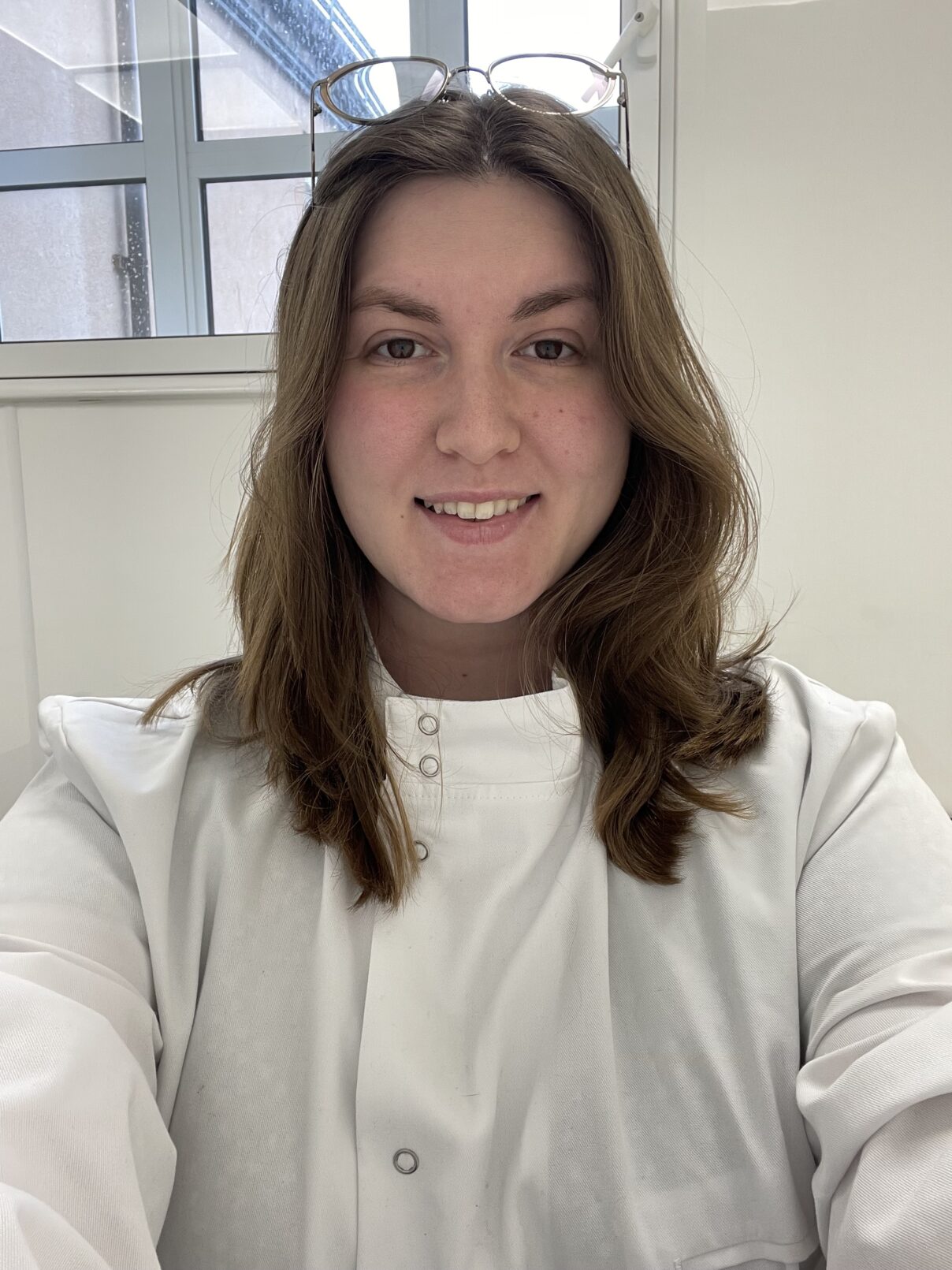Meet Aimee Parker
Meet Aimee Parker, an Assistant Technician in our Department of Archaeology, and learn what it is like to be a woman in STEM.

How did you get started as an Assistant Technician?
I am an Assistant Technician in the Archaeology Department, working within a small team to support the delivery of our Department’s diverse teaching, research, and commercial commitments. I started my role nearly three years ago in July 2022, just two days after graduating from my undergraduate BSc Archaeology degree here at Durham, and value the range of development opportunities it has offered me in such a short space of time.
What is a day in the life of an Assistant Technician at a university like?
While a day in the life of an Assistant Technician is hard to describe as my everyday work routine can differ significantly across the academic year, some of my main responsibilities include: provision of general departmental support to academics, students, and researchers through providing access to labs and giving equipment inductions; supporting teaching as a demonstrator in practical classes and an instructor for lab-based dissertations; and preparing tooth and bone samples for analysis in our stable isotope laboratory.
What skills have you developed as an Assistant Technician?
Being a technician has enabled me to learn and develop so many skills, from effective communication and both proactive and reactive problem-solving, to practical application of sample preparation processes in geoarchaeology, materials analysis, and stable isotope analysis. The Assistant Technician role came at a perfect time for me, when I was at a crossroads between going onto further study through either a lab-based MRes degree in archaeological science or a PGCE to gain my teaching qualifications. Instead, choosing to go into full-time employment and taking up my current role allowed me to combine positive aspects of both of these options, by maintaining my interest and involvement in practical lab work and research, whilst also being able to work directly with students in a teaching role and build pedagogical skills through demonstration of specialist processes.
What is your favourite part of your job as an Assistant Technician?
My involvement in teaching over the last couple years has become one of my favourite parts of the job. Seeing the differences in how people learn has been fascinating and has helped me understand how to tailor my teaching to students’ individual preferences, combining visual demonstrations and verbal explanations in different ways to ensure they understand the intricacies of the destructive sampling processes and the necessary ethical and safety considerations that accompany them. This opportunity has also allowed me to improve my own laboratory techniques, by reinforcing my knowledge of the processes through teaching others, and allowing me to identify gaps in my understanding and know when to refer to more experienced colleagues if there are questions I cannot answer. I hope to continue working with students in the future, and always appreciate when they come back to tell me the interesting results of their work that I played a small part in helping them put together.
What is it like to be a woman working in STEM?
Within the Archaeology Department I am so fortunate to be surrounded by positive role models in the many strong, professional women who work alongside and support me in peer and mentor roles. I am honoured to be able to contribute to the outputs of the Department’s commercial isotope laboratory (AIPRL) that is managed and run by women, and is a perfect example of the benefits of collaborative and dynamic working relationships between technicians and academics.
As a child, I was always involved in Girls in STEM activities at school, so it is a real full-circle moment to acknowledge that I am now a woman in STEM myself, and love it as much as I hoped I would all those years ago. Finding myself within a technical team comprised predominantly of women who all became technicians via different pathways makes me proud to work at Durham, inspiring me to continue developing in my current role through completion of my apprenticeship-levy-funded L7 MA Archaeological Specialist degree apprenticeship, and contribute new insights to an occupation that has typically been male-dominated in the past.
What would you say to young women who want a career in STEM about working as an Assistant Technician?
I would encourage any girls and young women with an interest in pursuing a job in STEM that involves both practical and people-facing elements to consider technical roles in Higher Education as a good starting point for their career. You’ll learn invaluable transferrable skills that can help you progress in your chosen technical field or act as a launch-pad for careers elsewhere in academia, industry, and beyond, while also playing an essential role in students’ academic experience and departments’ research contributions.
With the recent increase in T-level placements and technical apprenticeships, there are now more ways to get onto the technical career ladder, and reap the benefits of such a fundamental varied and hands-on role. Being a technician has quickly become part of my identity, and is a title I wear with pride. Although we may not be the most high-profile or visible members of staff within academic departments, we work tirelessly in the background to ensure the excellent teaching and research facilities of our University are maintained and staffed by friendly faces always ready to help.
Find out more
- Explore our Department of Archaeology, a leading centre for the study of archaeology ranked joint 5th in the QS World University Rankings by Subject 2024.
- Learn about applying to study at Durham University with a British Council Women in STEM Scholarship.
